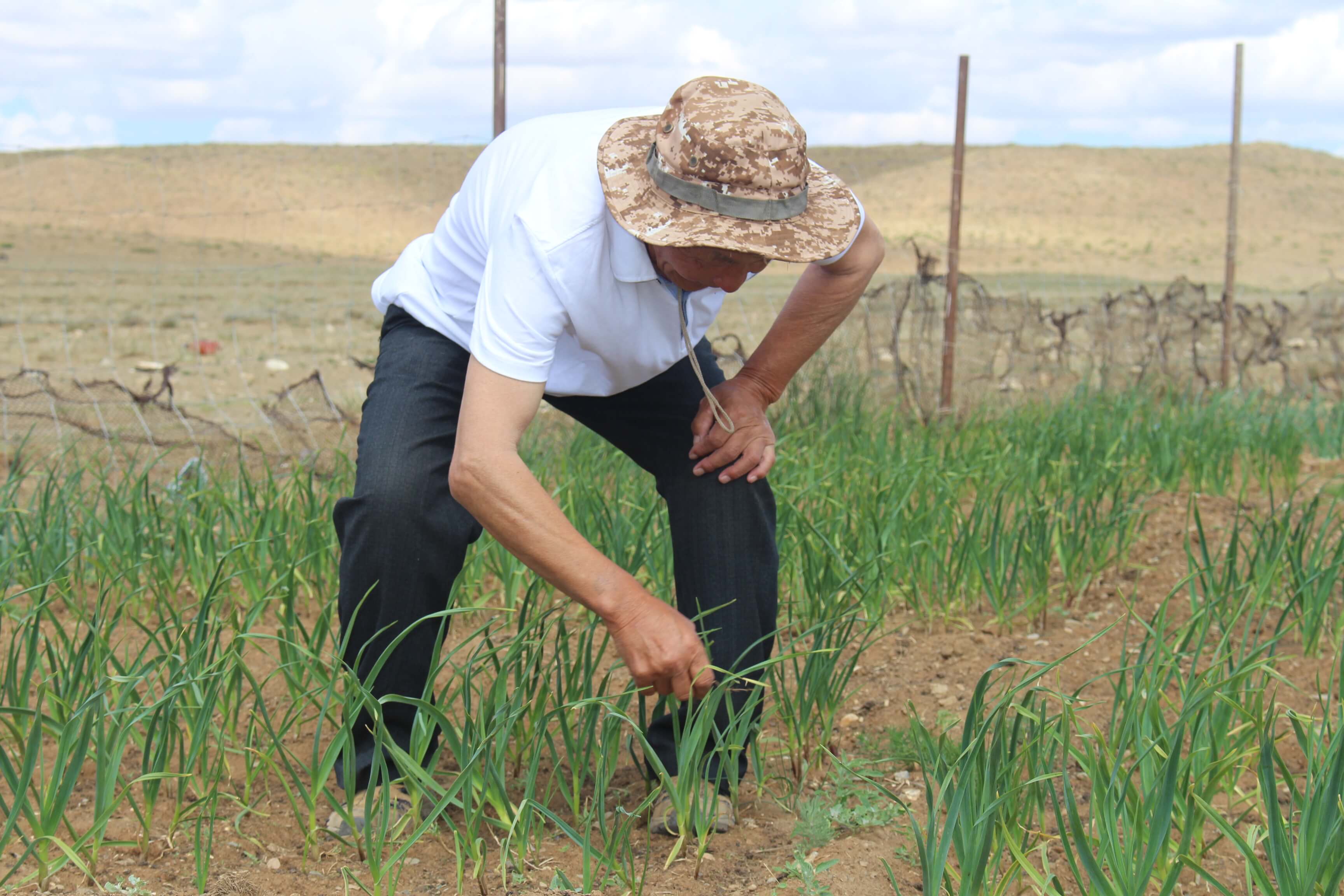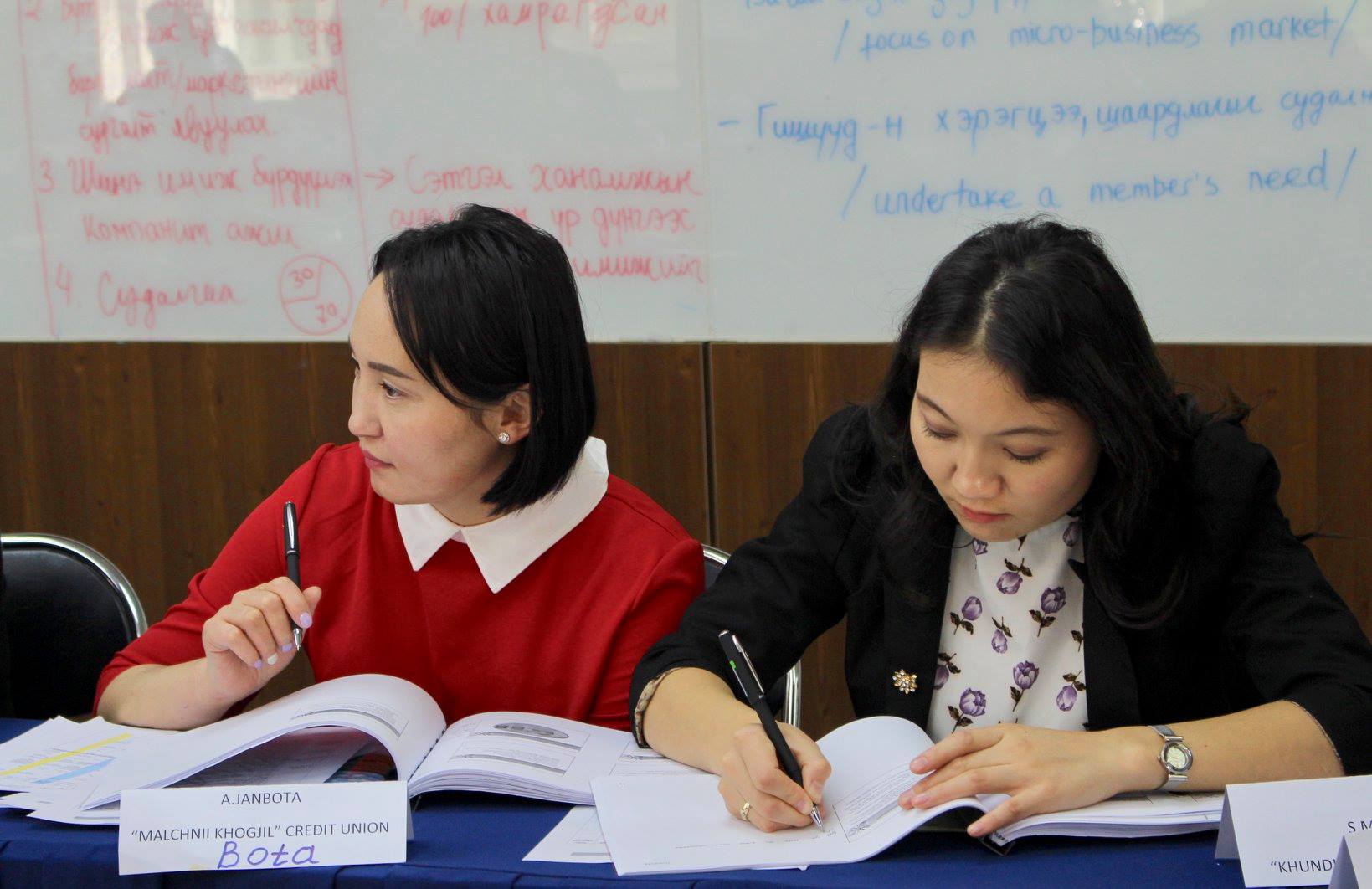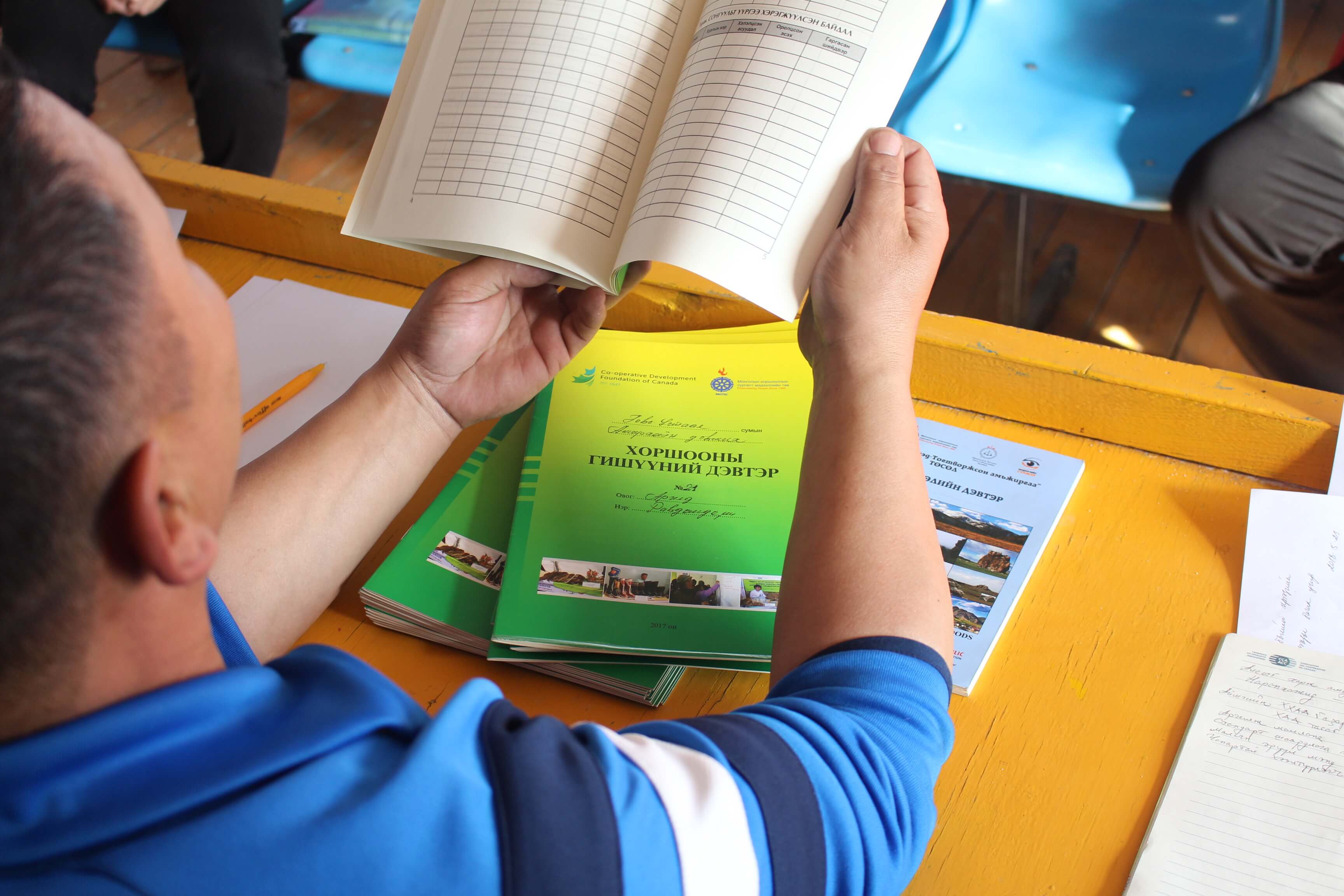Services
Agricultural Best Practice
Agricultural specialists are responsible for supporting and implementing agricultural best practices. This is achieved by disseminating information to improve knowledge, understanding and attitudes of herders and livestock professionals about animal health and services for herders in the project target soums.

We provide agriculture trainings and consultancy on agricultural best practices for agricultural co-operatives and non-members.
Animal Health
To improve veterinary services the following trainings and capacity buiding activities are organized for co-operative members, herders, animal hunsbandry experts:
Legal environment for livestock health services
Increasing the supply and capacity of veterinary workforce (veterinary technicians)
Measures to prevent and control animal and infectious diseases
Measures to prevent and treat parasitic diseases of animals
Measures and practices to prevent and treat non-infectious diseases of animals
The proper use of veterinary drugs and preventative livestock remedies
The hygienic, health and safety requirements for selling livestock, animals and their raw materials in domestic and foreign markets
Livestock Breeding and Technology
In order to improve livestock breeding and technological services, the following trainings and capacity building activities are organized for co-operative members, herders and animal husbandry experts:
Legal environment for livestock genetics, breeding work and services
Developing and understanding of animal breeding work
Ways to engage in livestock breeding and technological services
Improving animal quality by using a high quality male breeding animals
Best practices in livestock production
Methods for determining the classification, productivity and quality of livestock
Value addition for animal originated products (sheep and camel wool)
Livestock production business planning
Pasture and Livestock Fodder
In order to improve pastureland and fodder supply, the following trainings and capacity building activities are organized for co-operative members, herders and animal husbandry experts:
Pasture management and proper use of pastureland
Resources and practices to increase animal fodder supply
Potential benefits and opportunities for sowing of livestock fodder
Methods for feeding livestock
Research is conducted in collaboration with external consultants, academic research institutes, and beneficiaries.
Livestock Fodder
Methods of growing alfalfa in desert and steppe landscapes and conditions.
Condensing Pastureland
Methods of condensing pastureland and restoring degraded pastureland. Comparison research plots in desert and steppe habitats for perennial feed plants in different conditions such as manure enrichment, mineral fertilizers, irrigation and no irrigation.
Livestock Yield and Productivity
Methods of increasing the yield and quality of sheep meat through methods relating to castration of lamb, separating lamb from a mother at an early stage and feeding lamb with fodder with probiotic supplements.
Books and pamphlets have been prepared and published to increase the livestock productivity and improve livelihoods of co-operative members and herders in the project target soums.
“Preparation of Camel Wool and Recommendations for Basic Care” (Ulaanbaatar 2019)
“Preparation of Sheep Wool and Recommendations for Basic Care” (Ulaanbaatar 2018)
“Compilation of Laws on Animal Health and Livestock Genetic Resources” (Ulaanbaatar 2018)
“Methods of Preventing Diseases in Mongolia's Livestock” (Ulaanbaatar 2017)
“Manual of the Work of Livestock Breeding” (Ulaanbaatar 2017)
“Business Planning for Herder Households“ (Ulaanbaatar 2017)
“Index Based Livestock Insurance Guide” (Ulaanbaatar 2017)
“Detailed Illustrated Guide for Preventing Animal Infectious Diseases with Vaccinations” (Ulaanbaatar 2017)
“Detailed Illustrated Guide of Animal Parasites Illness Prevention” (Ulaanbaatar 2017)
“Experimental Chart of Animal Infectious Disease Research” Ulaanbaatar 2017
“Detailed Illustrated Guide of Animal Endangering Disease, Poisoning, and Endemic and Pandemic Diseases”
“Detailed Illustrated Guide of Food Safety and Hygiene Measures of Animal Originated Products” (Ulaanbaatar 2017)
“Improvement Methods for the Quality of Herds and Herding Practices” (Ulaanbaatar 2016)
Gender Equality

Our methodology for gender equality trainings consists of cooperating with other specialists for capacity buiding of co-operative members by including the importance, meaning, and methods of gender equality in all trainings and consultations provided; to set up a gender-disaggregated data base which includes ages and gender of target co-operative members to ensure trainings on all topics reach both women and men; providing gender specific trainings such as the basic understanding of gender equality; and giving recommendations to and collaborating with co-operative managers on preparing gender policy documents.
We provide gender equality trainings for co-operatives, local authorities, social workers, and other related actors.
Basic Understanding of Gender
Trainings on the ‘Basic Understanding of Gender’ are conducted in order to educate participants and change the stereotypes of gender roles, responsibilities and social status in politics, society, culture, and family relations. Participants usually include women and men herders, youth, co-operative members and government officials of the INVEST Co-op Mongolia project target areas. Specific topics include:
The difference between gender and sex
Understanding gender stereotypes and gender roles
Achieving gender equality and gender equity
Gender-Based Violence
Trainings and workshops are organized on the topic of ‘Gender-Based Violence’ which is defined as an exploitation of power relations based on society and family structures which lead to physical, sexual, verbal, emotional, and psychological abuse, threats, coercion, and economic or educational deprivation, whether occurring in public or private life. Specifc topics include:
Defining types and risks of gender-based violence
Methods to prevent violence
Methods of addressing human rights violations and gender-based violence
Gender Mainstreaming
Consultation is provided to co-operatives and herder groups to develop co-operative gender policies in order to ensure gender equality and equal opportunities for women and men members in their co-operatives.
Our specialists prepare informative resources to extend the knowledge delivered in trainings and consultancy.
“Co-operative Gender Policy Guidelines“ (Ulaanbaatar 2019)
“Introduction to Gender Equality“ (Ulaanbaatar 2018)
“Recommendations on Gender Equality Education for Children“ (Ulaanbaatar 2018)
Marketing and Co-operative Development
We provide training, advisory and research services which strengthen the capacity of target co-operatives by developing strategies, products and services.

We provide the following governance and management trainings and consultancy for co-operatives:
Improving Co-operative Governance
Conducting a development assessment of co-operatives and developing an improvement
Equiping co-operative managers with planning, organization, management, leadership and performance monitoring skills
Improving and developing co-operatives policy documents
Training in methodology of preparing the co-operative strategy and business plan
Improving co-operative financial documentation, accounting, record keeping and reporting
Encouraging co-operative member engagement and participation
Improving general co-operative record keeping
Introducing best practices for co-operatives
Supporing the development of drafting of rules and regulations for a joint organization
Capacity building for 2nd tier co-operatives
Developing of Co-operative Products and Services
Using value-addition technology and tools for animal originated raw materials
Improving Mongolian tufting brand and practices
Primary processing of animal products and bulk sales on the market
Purchasing in bulk from the market and distributing food, consumer goods and livestock production inputs to meet the needs of co-operative members
Developing a marketing plan for products and services
Introducing products and services to markets and consumers
Marketing food, goods shops, and restaurants
Improving products and production technology of co-operatives and members
Developing and understanding business contracts and transactions
Developing of Business Cooperation Between Co-operatives
Organization and implementation of business cooperation, partnership forums and discussions
Introduction of production factories and their activities to co-operatives for enabling cooperation
Mutual exchange of good governance and business best practices among co-operatives
Enabling collaboration of agricultural co-operatives and savings and credit co-operatives
Research is conducted in collaboration with external consultants, academic research institutions, and beneficiaries.
Value Added Products
Research on value added products and supply chains of sheep and camel wool raw materials
Market Research of Primary Co-operatives
Market research of products and services manufactured by co-operatives and members
Market Research of Secondary (marketing) Co-operatives
Market research of products and services of marketing co-operatives
Our specialists prepare informative resources to extend the knowledge delivered in trainings and consultancy.
“100 Frequently Asked Questions and Answers on Co-operatives“ (Ulaanbaatar 2019)
“Introduction for Basic Understanding of Co-operatives“ (Ulaanbaatar 2018)
“Draft Regulations of a Co-operative Board of Directors“ (Ulaanbaatar 2018)
“Draft of Internal Rules/By-Laws of a Co-operative“ (Ulaanbaatar 2018)
“Co-operative Members’ Record Keeping Book“ (Ulaanbaatar) 2017
Financial Management

We provide financial trainings and consultancy for credit unions, other non-financial co-operatives, and individuals.
The following training and capacity building activities are organized for co-operative members and herders to gain financial literacy:
Financial Literacy
The Purpose and Importance of Financial Literacy
Financial Needs and Requirements, Depending on the Age of the Participant
Achieving Financial Success and Rules for Managing Personal Finances
Determining Household Finance Goals
The Importance and Methods of Creating Financial Savings
Planning the Household Budget, Income and Expenditure
Our specialists prepare informative resources to extend the knowledge delivered in trainings and consultancy.
Household Income and Expenditure Notebook (Ulaanbaatar 2018)